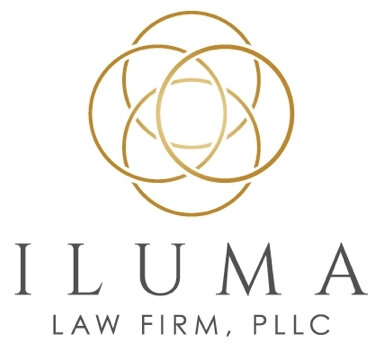Getting Legal for Podcasters: 8 Important Steps to Protect Your Content and Brand
Podcasting is booming! It's an awesome way to share your thoughts, stories, and expertise with the world. But, with this growth comes the need to get your legal ducks in a row to protect your content and brand.
Whether you're just starting or you've been podcasting for a while, here are some important steps to make sure you're legally sound.
1. Choose the Right Business Structure
First things first, think about your business structure. Many podcasters start out as sole proprietors, but as your podcast grows, you should definitely consider forming an LLC (Limited Liability Company) or a corporation. This can help protect your personal assets if something goes wrong.
2. Trademark Your Podcast Name
Your podcast name is so important! You need it to actually own your name, prevent others from using similar names, avoid expensive rebrands and infringement lawsuits, and to avoid confusing your listeners. Trademarking gives you exclusive rights to the name in your field and helps you build a strong brand.
3. Get the Right Licenses
Using music, sound effects, or other copyrighted materials? Make sure you have the proper licenses and permissions.
4. Have Guests Sign a Podcast Release Form
When you have guests on your podcast, make sure they sign a release form. This gives you permission to use the recorded conversation and helps avoid any future legal issues over the content.
5. Protect Your Intellectual Property
Beyond trademarking your name, consider copyrighting your episodes and any original content you create. Copyright protection helps prevent others from using your stuff without permission.
6. Disclose Sponsorships and Ads
Transparency is so important and required by the Federal Trade Commission (FTC). Legally, you need to clearly disclose any sponsored content. Let your audience know when you're being paid to promote something.
7. Draft Terms of Service and Privacy Policies
If you have a website for your podcast, make sure you have solid terms of service and privacy policies. These outline the rules for using your site and how you handle user data, protecting you legally and building trust with your audience.
8. Consult with an Experienced Attorney
The legal side of things can get complicated, so it's always a good idea to chat with a lawyer who specializes in media and entertainment law. They can give you tailored advice and help you address any specific legal concerns.
Getting legal for your podcast might seem like a hassle, but it’s so important for protecting your content, brand, and personal assets. By making sure you have a solid legal foundation, you can focus on what you do best – creating and sharing great, impactful content.
Need help with your legal? We’d love to help!
